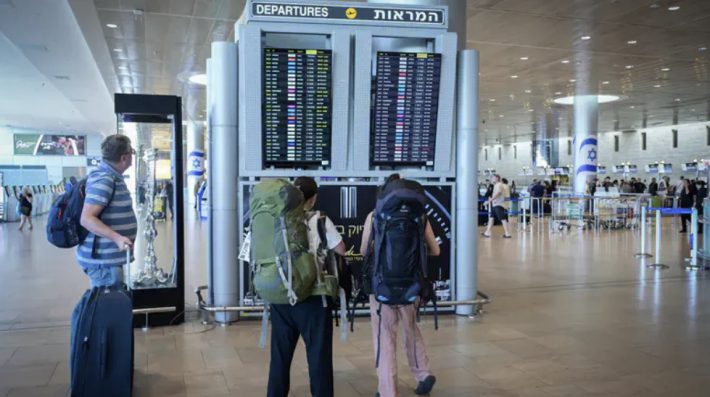Hong Kong’s busiest airport shut down for 36 hours as Typhoon Ragasa forced airlines to evacuate fleets across Asia, Europe, and Australia in one of the largest pre-storm relocations in aviation history.
Hong Kong — Super Typhoon Ragasa, the world’s most powerful tropical cyclone in 2025, has paralyzed one of the world’s busiest aviation hubs, forcing airlines to ground or relocate nearly 80% of their fleets.
Ahead of Ragasa’s landfall on Wednesday (September 24), Cathay Pacific Airways, Hong Kong Airlines, Greater Bay Airlines, and low-cost carrier HK Express moved dozens of aircraft to safer airports in Japan, China, Cambodia, Europe, and Australia, according to Flightradar24 tracking data.
Hong Kong International Airport, the world’s busiest cargo hub and the ninth-largest for international passenger traffic, suspended all arrivals and departures for 36 hours beginning Tuesday evening. The city raised its highest storm warning, Typhoon Signal No. 10, ordering a shutdown of transport and businesses as hurricane-force winds battered the region.
Cathay Pacific, which operates a fleet of 179 jets, confirmed it would cancel over 500 flights across long-haul and regional routes. “We are positioning some of our aircraft away from Hong Kong and expect a staggered and gradual resumption of operations from Thursday into Friday,” the airline said. At least 14 Cathay Pacific aircraft were flown to Cambodia’s Phnom Penh Techo Airport to ride out the storm.
Industry-standard safety practices include moving planes abroad to protect them from damage, weighing down jets with extra fuel, tying down smaller planes, or storing aircraft in hangars. Greater Bay Airlines moved all seven of its Boeing 737s to China and Japan, while Hong Kong Airlines kept nearly all 28 of its planes abroad.
The city’s business jet fleet also evacuated, according to the Hong Kong Business Aviation Centre.
Aviation analysts note that while such relocations are costly and disruptive, they are crucial to protect billion-dollar assets and ensure rapid resumption of services post-storm. Ragasa has already disrupted supply chains and will add significant revenue losses for airlines during one of the year’s busiest travel seasons.





